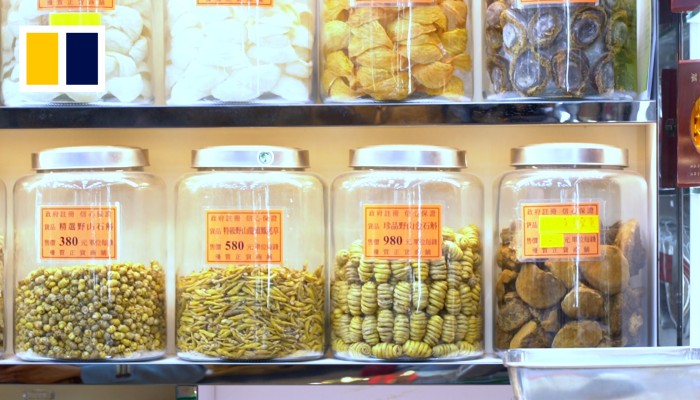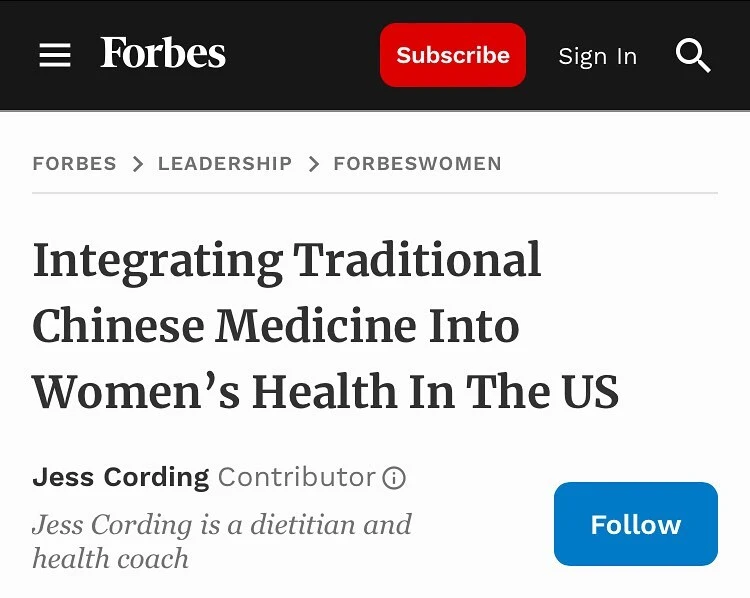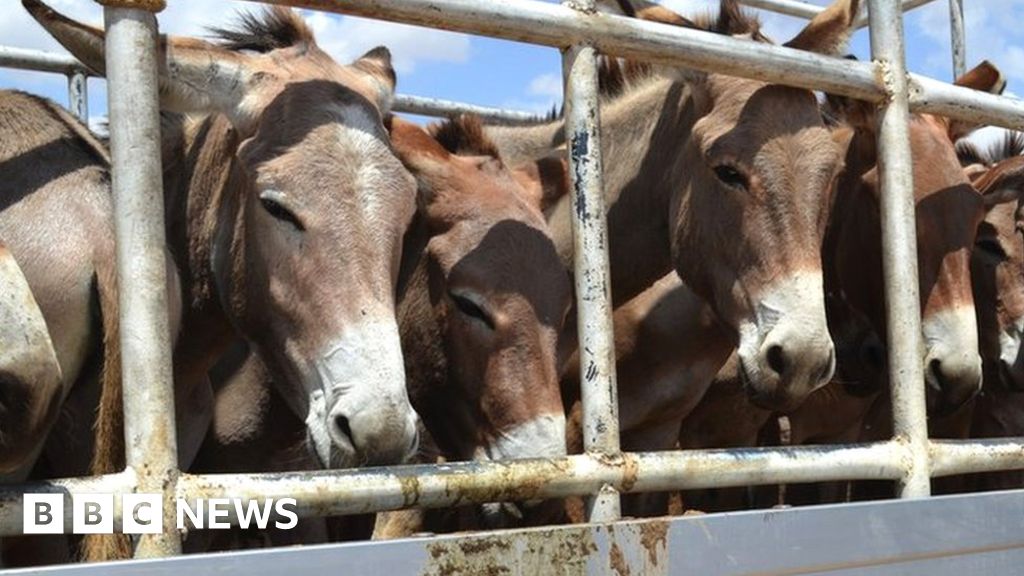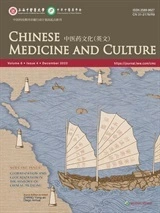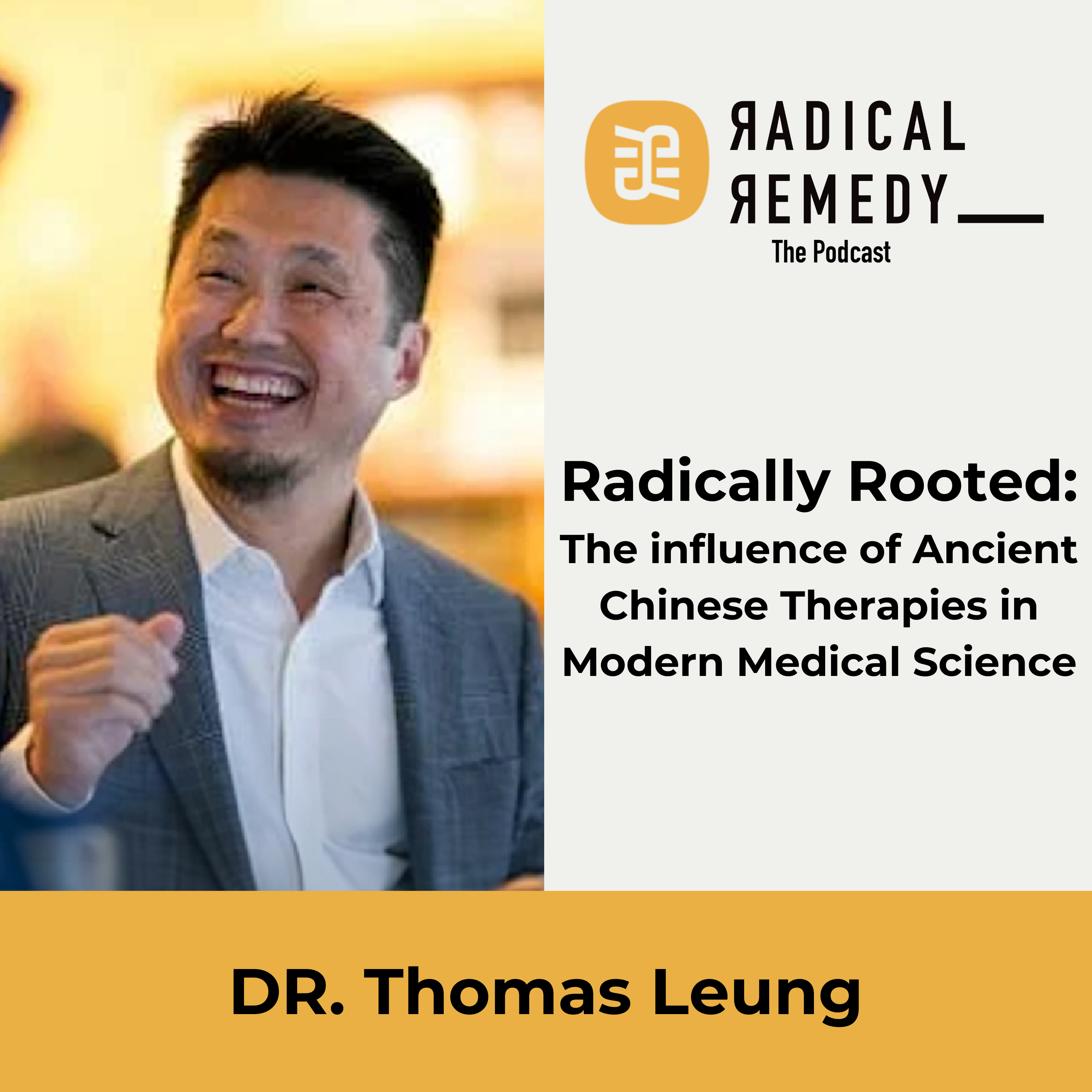The Ancient Therapy of Fire Cupping: A Favorite Among 2024 Olympic Athletes
All over the world, and since time immemorial, cupping has been utilized to promote healing, reduce pain, and enhance overall well-being. This ancient therapy involves placing cups on the skin and creating a vacuum by heating the air inside them. As the air cools, it creates suction that draws the skin and superficial muscle layer into the cup.
In recent years, cupping has gained popularity among athletes, including those competing in the 2024 Olympic Games. These elite athletes have discovered that cupping can help them recover more quickly from intense training sessions, reduce muscle soreness, and enhance performance.
One of the reasons why fire cupping is favoured by athletes is its ability to target specific areas of the body that may be overworked or injured. By promoting blood flow to these areas and releasing tension in the muscles, cupping can help athletes recover faster and get back to training at their peak level.
Moreover, cupping is a non-invasive therapy that can be easily incorporated into an athlete's training regimen. It is a natural and drug-free way to support the body's healing processes and maintain optimal physical condition.
As we witness more and more Olympic athletes incorporating cupping into their routine, it is clear that this ancient therapy has found a new place in the modern world of sports. Its ability to promote recovery, reduce pain, and enhance performance makes it a valuable tool for athletes striving to reach the pinnacle of their sport.
#cupping #tcm #traditionalchinesemedicine #sportsinjury #sportsrecovery #olympics


